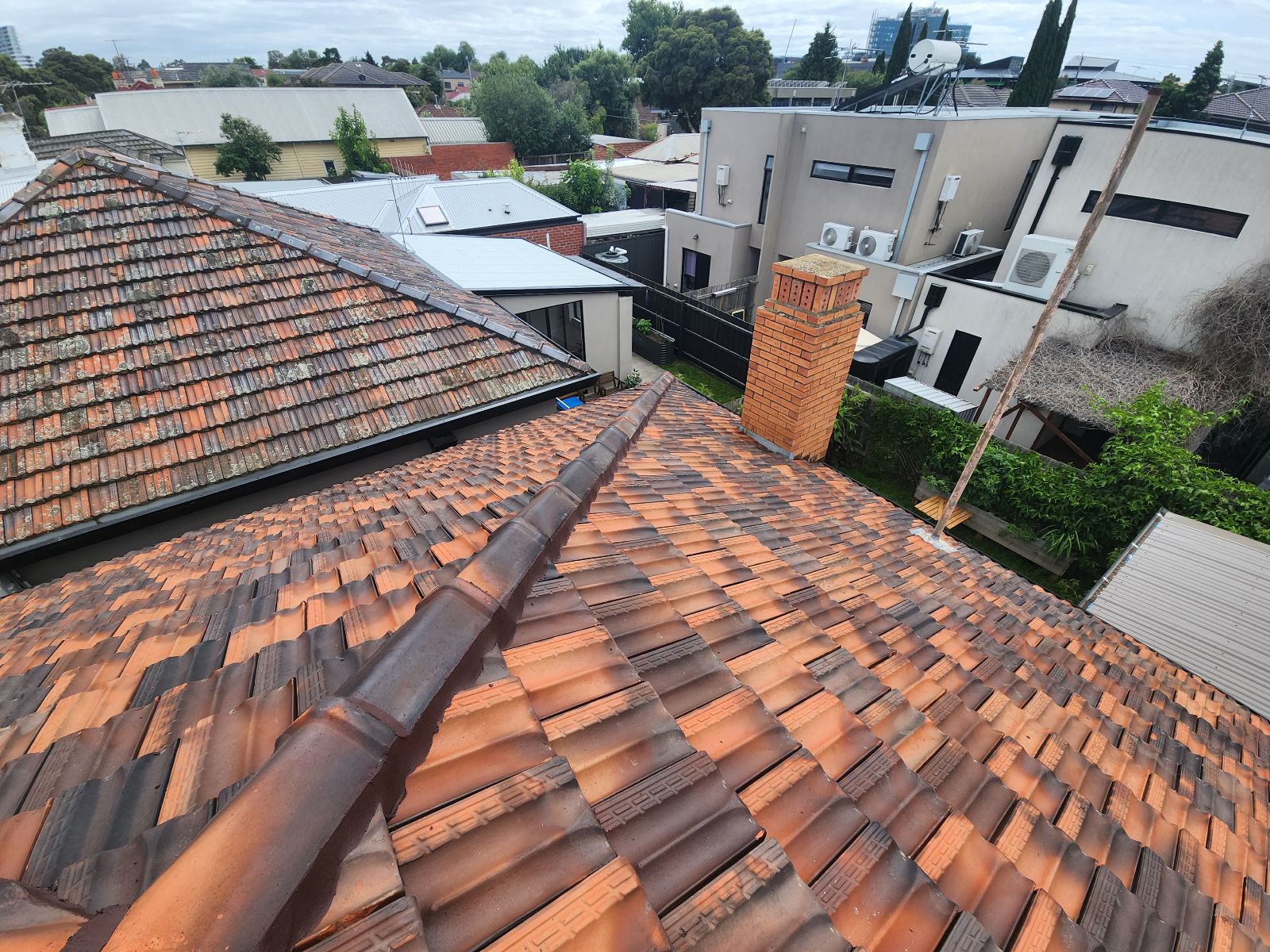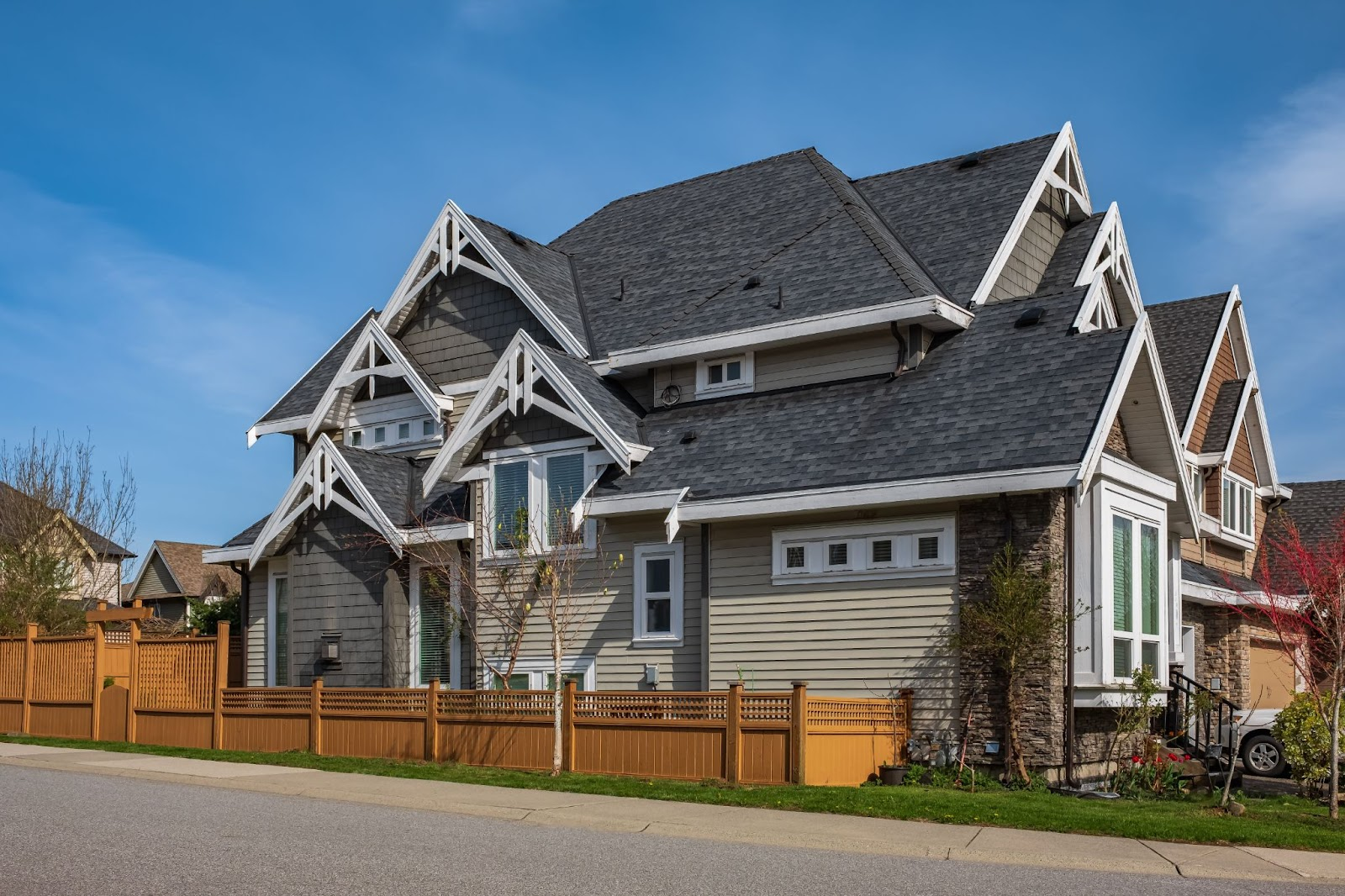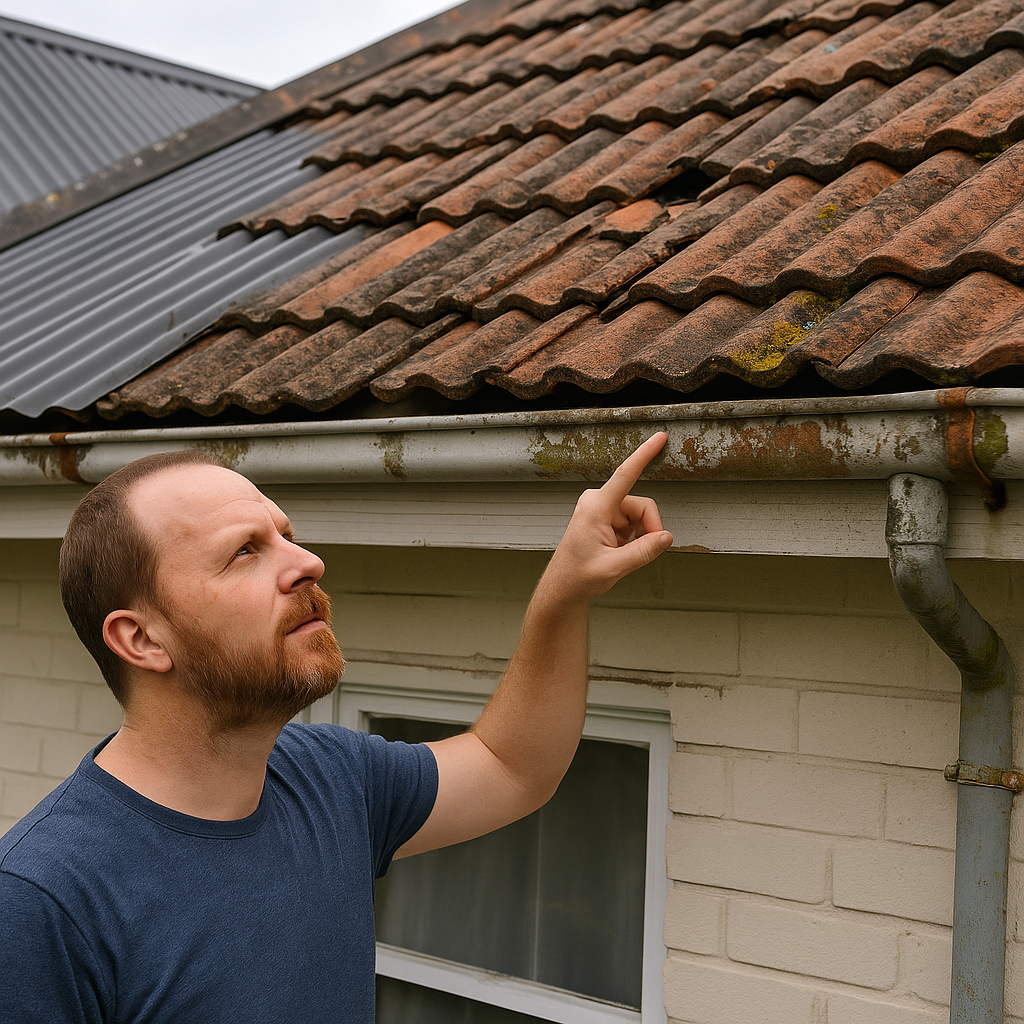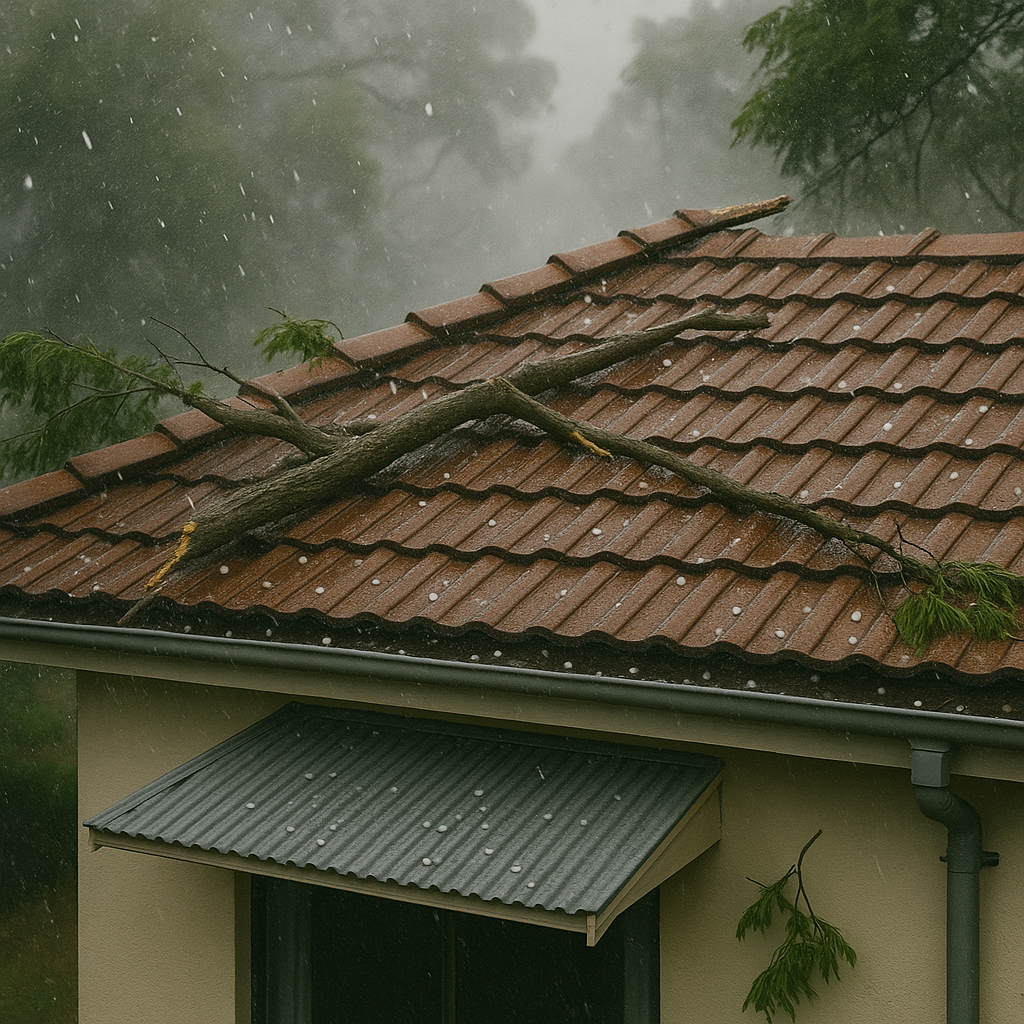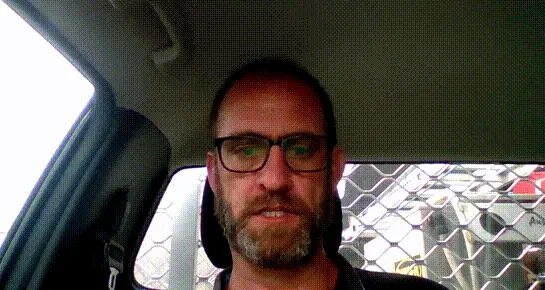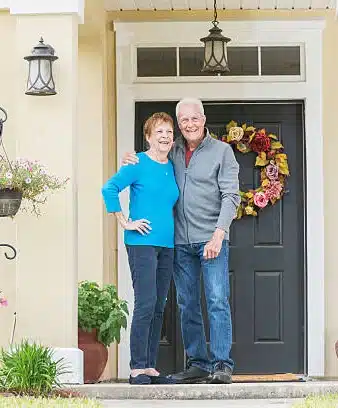
To receive your discount please fill in your details below.
It warms our hearts to see our valued HEROES being taken care off.



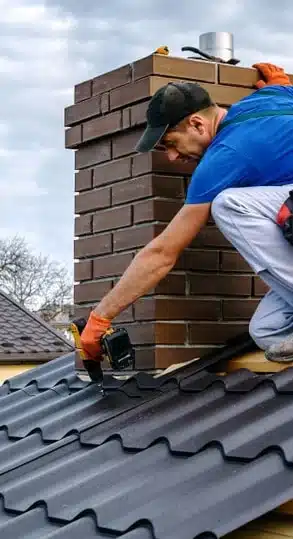
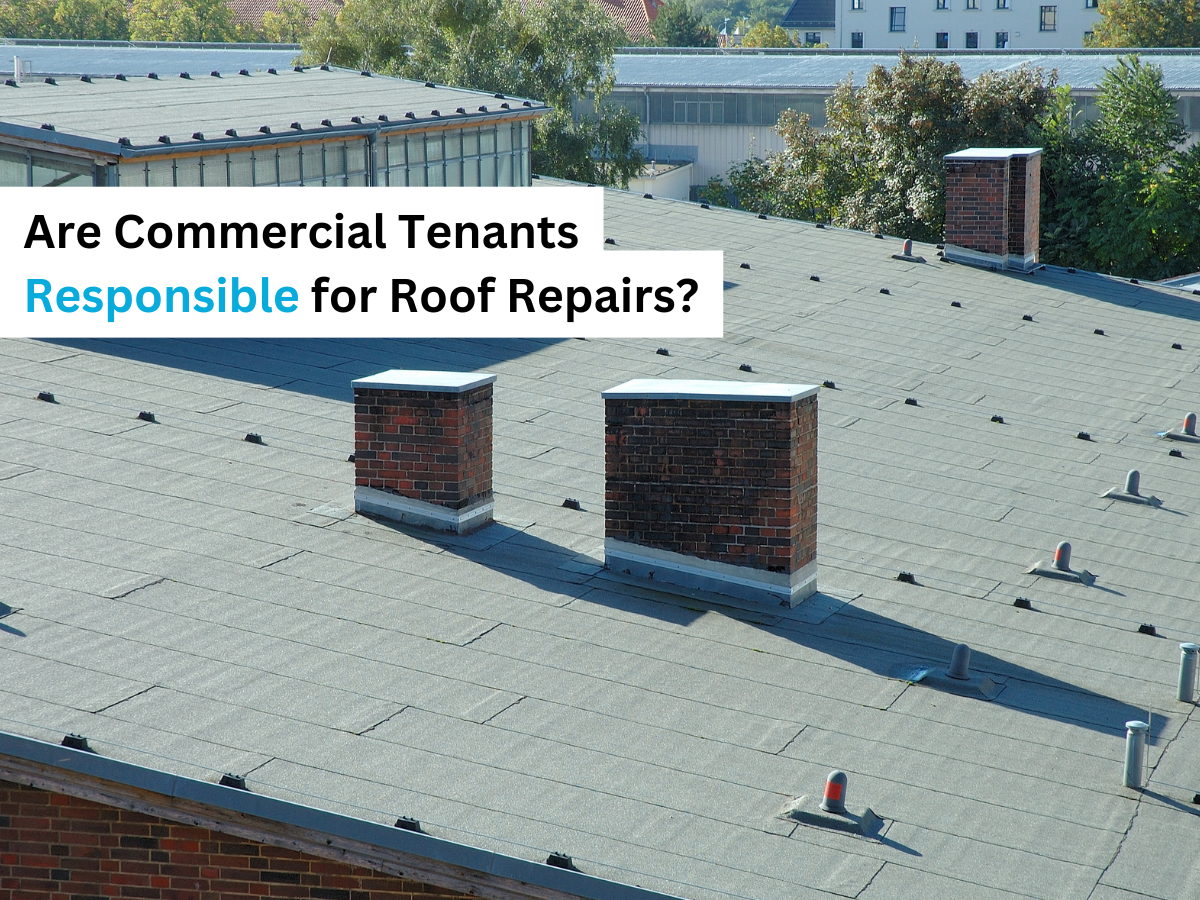
When it comes to maintaining a commercial property, the roof often stands as one of the most crucial elements.
Not only does it protect the building from the elements, but it also plays a significant role in the overall structural integrity of the property.
Yet, when leaks or other roofing issues arise, a common point of contention between landlords and commercial tenants is determining who is responsible for the repairs.
This question can lead to disputes, misunderstandings, and even legal battles.
Understanding the responsibilities for roof maintenance and repairs in a commercial lease is vital for both landlords and tenants.
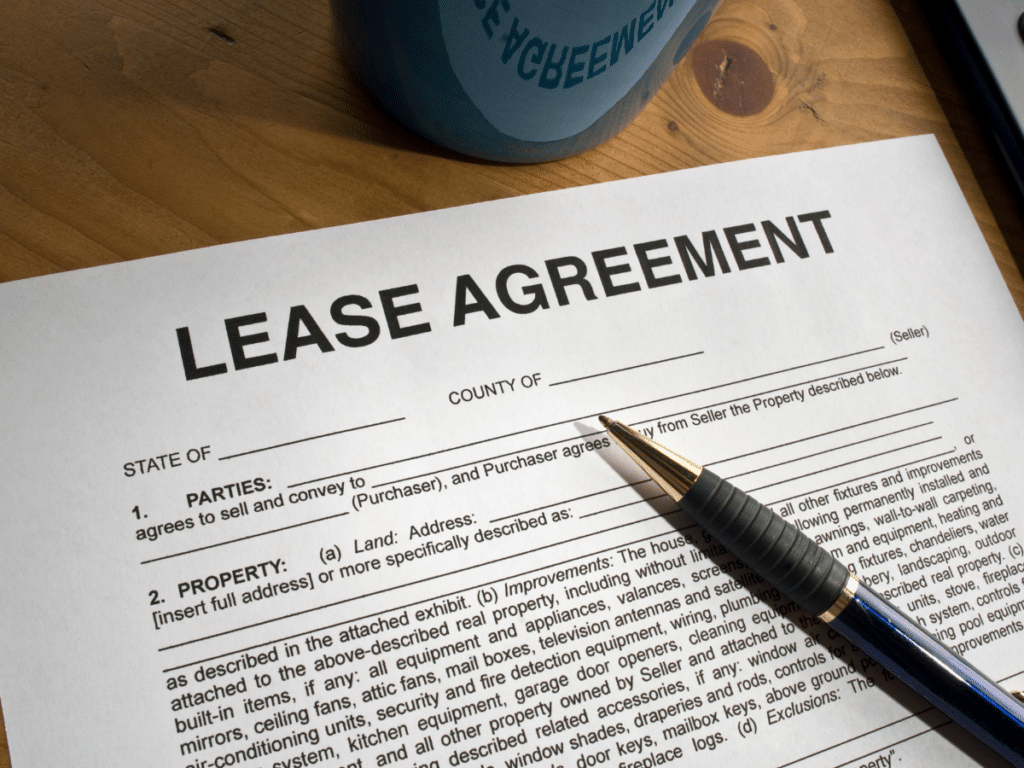
The lease agreement is the cornerstone of the landlord-tenant relationship in any commercial property. It outlines the rights and responsibilities of each party, including who is responsible for roof repairs. However, not all leases are created equal, and the devil is often in the details.
The lease agreement should be the first point of reference when determining commercial roof repair responsibilities. It’s essential to carefully review the document before signing to understand your obligations.
Unfortunately, many tenants skim through these agreements, missing important clauses that could later result in costly surprises.
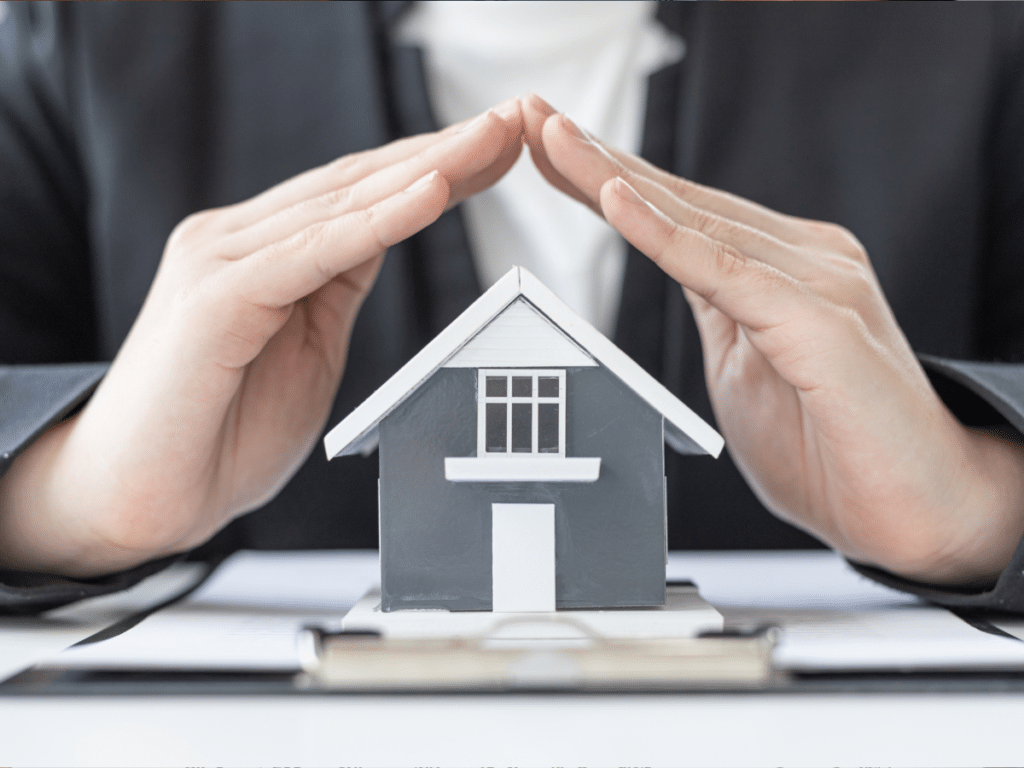
While lease agreements can vary, there are some general principles that often apply to roof repair responsibilities in commercial properties.
In a typical commercial lease, the tenant rents an empty space and is responsible for furnishing the place.
Generally, the landlord is accountable for structural issues, such as wall cracks, and significant roof issues.
The tenant, on the other hand, is often tasked with the upkeep of the leased premises, which includes maintaining the walls, floors, fixtures, and any other things added.
The landlord usually requires the tenant to repair and maintain the premises throughout the lease term.
However, disputes can arise over who is responsible for maintaining or repairing specific fixtures, such as refrigeration units or other equipment. If the lease doesn’t clearly state that the landlord is responsible for these repairs, disagreements may occur.
Many leases lack clarity on who should replace equipment when it breaks or reaches the end of its lifespan. This is usually because it is clumsy to name everything in the premises individually in a document and mention whose responsibility it is to repair and maintain them.
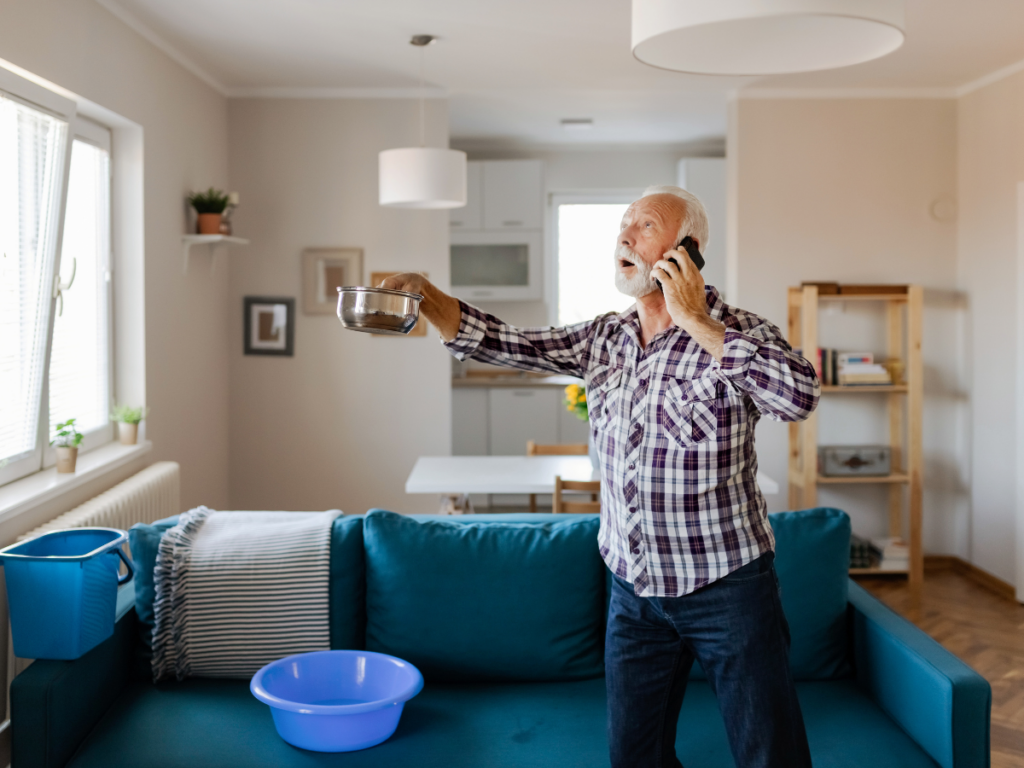
If an urgent roof repair is needed, such as one after a heavy rainfall, and the tenant wishes to handle it themselves or hire someone, it is appropriate to first obtain written permission from the landlord.
Before proceeding with any repair, the tenant should ensure they meet the following conditions:
The tenant should not spend more than $1,000 on the roof repair or any repairs, as the landlord is only required to reimburse reasonable costs up to that limit.
If a dispute arises over repairs, or if the landlord refuses to cover the costs or reimburse the tenant, the tenant can apply to the NSW Civil and Administrative Tribunal for resolution.
Several factors can influence who is responsible for roof repairs in a commercial lease.
The type of business conducted on the premises can also affect roof repair responsibility. For example, industrial tenants who install heavy machinery on the roof may be required to maintain that equipment and repair any damage it causes.
Local building codes and regulations may impose certain responsibilities on landlords and tenants, regardless of what the lease says. It’s important to be aware of these laws to avoid potential legal issues.
Disputes over roof repair responsibilities are not uncommon, and understanding how these disputes have been resolved in the past can offer valuable insights.
Examples of Disputes: In some cases, tenants have refused to pay for roof repairs, arguing that the lease terms were unclear or that the damage was due to the landlord’s negligence. On the other hand, landlords have sometimes tried to pass off major repair costs to tenants, claiming that they were the result of tenant activities.
At times, landlords have refused to pay for these repairs. In this example here, the landlord was sued to court by the tenants.
Courts typically look at the lease agreement first when resolving these disputes.
For instance, in cases where the lease explicitly stated that the tenant was responsible for all repairs, the courts have generally ruled in favor of the landlord.
Conversely, when leases were ambiguous, courts often sided with tenants, especially if the repairs involved structural issues.
| “Leaking Roof! In general, it is the landlord’s responsibility to fix any leaks unless the lease explicitly states otherwise, or the tenant caused the leak.” —Repairs And Maintenance, Queensland Small Business Commissioner |
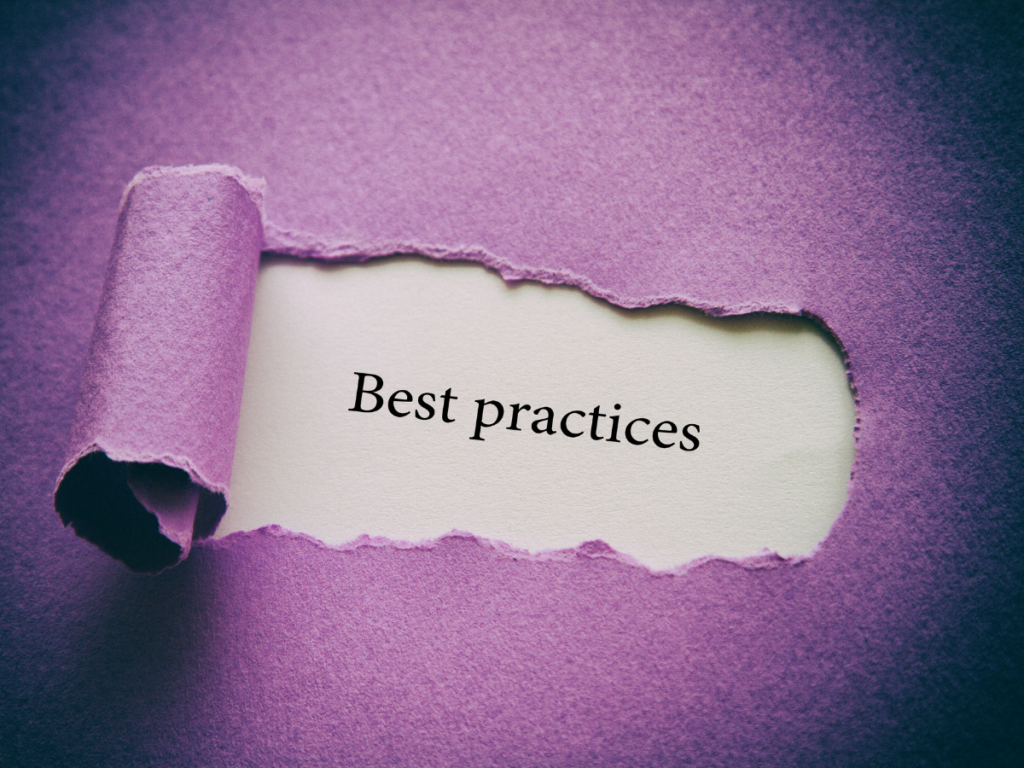
To avoid disputes and ensure a smooth landlord-tenant relationship, it’s important to follow best practices when it comes to roof maintenance and repairs.
Landlords are typically responsible for fixing structural issues like wall cracks, major defects, and roof leaks.
Tenants are usually responsible for maintaining the premises, including walls, floors, and fixtures.
However, responsibilities can be unclear when it comes to repairing or replacing equipment like refrigeration, especially if the lease doesn’t specify who’s responsible.
Disputes can also arise when major events like flooding damage equipment or fixtures, and it’s unclear who should cover the costs.
Roof maintenance is a critical aspect of managing a commercial property, and determining who is responsible for repairs is essential to avoid disputes and ensure the longevity of the building.
Landlords and tenants should thoroughly understand their lease agreements and communicate openly about any issues that arise.
By following the best practices outlined above, both parties can ensure that the roof remains in good condition, protecting the property and providing a safe, secure environment for the business to thrive.
